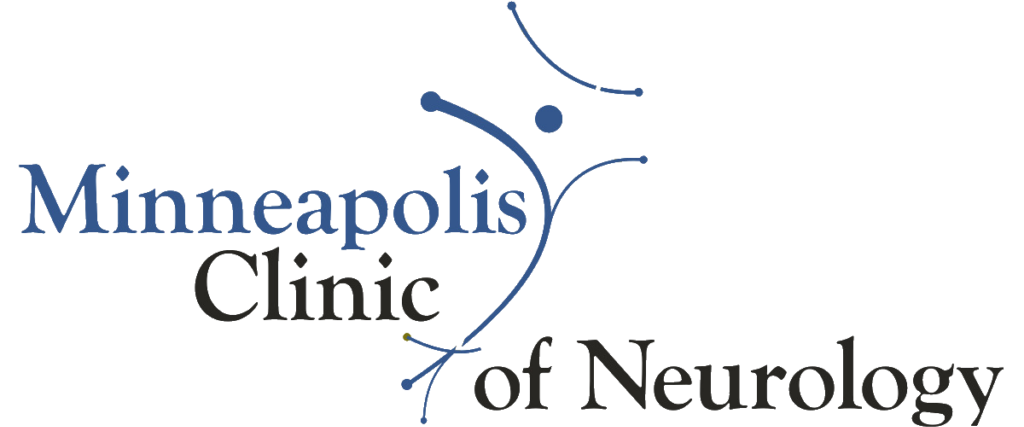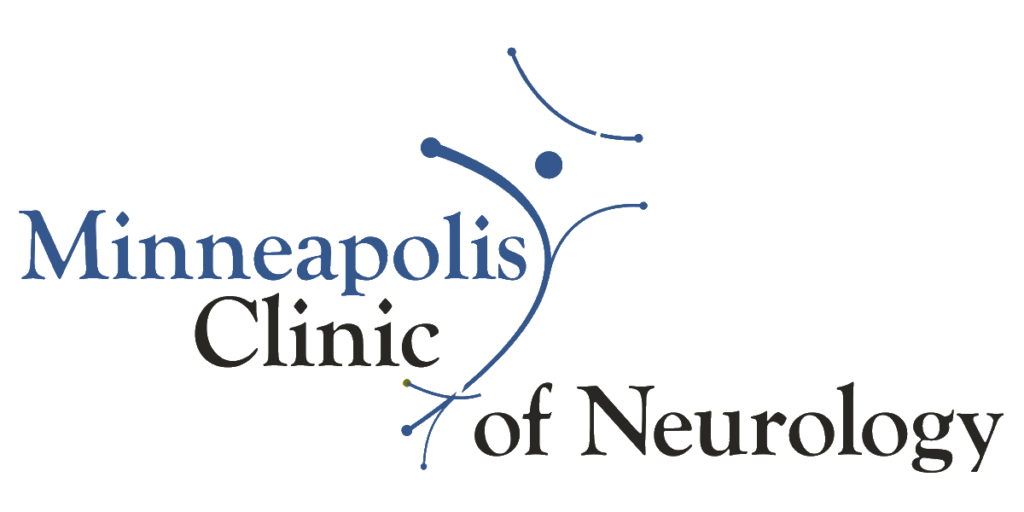As the year winds down and we enter the festive month of December, it’s a great time to think about setting healthful resolutions, particularly when it comes to nutrition and brain health. A brain-healthy diet not only supports cognitive function but can also provide long-term benefits that protect against neurological disorders.
Understanding the Brain-Healthy Diet
A brain-healthy diet involves foods rich in nutrients that support cognitive function and reduce inflammation. Here’s why it’s important and how to get started:
- Omega-3 Fatty Acids: Essential for maintaining brain structure and function. A study from the University of Pittsburgh found that higher blood levels of omega-3 fatty acids are linked to increased brain volume in later life, effectively slowing brain aging by up to two years.
- Mediterranean Diet Benefits: Known for its emphasis on fruits, vegetables, olive oil, and fish, the Mediterranean diet has been shown to help older adults retain more brain volume, mitigating cognitive decline.
- Antioxidants for Memory: Diets rich in antioxidants, particularly from berries, have been associated with better memory and cognitive functions, which highlights the role of flavonoids in reducing brain aging.
- Vitamin K for Mental Sharpness: Leafy greens like spinach and kale, correlates with better cognitive performance in older adults.
Practical Tips for Adopting a Brain-Healthy Diet

Starting a brain-healthy diet doesn’t have to be complicated. Here are some practical tips to help you incorporate these nutritious foods into your daily meals:
- Incorporate Omega-3s: Add fatty fish like salmon or mackerel to your diet twice a week. For vegetarians, consider flaxseeds or walnuts.
- Adopt the Mediterranean Way: Gradually introduce more fruits, vegetables, whole grains, and olive oil into your meals.
- Snack on Berries: Keep fresh or frozen berries on hand for an easy, antioxidant-rich snack.
- Increase Vitamin K Intake: Include a serving of leafy greens in your diet daily, whether in smoothies, salads, or as a cooked side dish.
The Minneapolis Clinic of Neurology’s Role
At the Minneapolis Clinic of Neurology, we understand the profound impact diet can have on brain health.
Our experts are here to guide you in making informed dietary choices that support your neurological well-being.
Are you ready to boost your brain health with informed nutritional choices?
Festive Fare for Cognitive Health

Here are three holiday-friendly dishes that align with a brain-healthy diet, perfect for incorporating into festive meals:
- Grilled Salmon with Pomegranate and Avocado Salsa: Salmon is rich in omega-3 fatty acids, which are crucial for brain health. Serve this as a main dish with a topping of pomegranate and avocado salsa. Pomegranates pack powerful antioxidants, while avocados provide healthy fats and fiber, enhancing both the flavor and nutritional profile of the dish.
- Quinoa and Roasted Vegetable Salad: This hearty side dish features quinoa, a complete protein packed with all nine essential amino acids, and a variety of roasted vegetables like carrots, bell peppers, and zucchini, all rich in vitamins and antioxidants. Drizzle with a dressing made from extra virgin olive oil to incorporate healthy fats that are good for the brain.
- Kale and Brussels Sprouts Salad with Almonds: Kale and Brussels sprouts are excellent sources of vitamin K, known for supporting cognitive functions. Toss these greens with sliced almonds (rich in vitamin E) and a lemon vinaigrette for a refreshing, nutrient-dense side salad.
These dishes not only cater to the nutritional needs recommended for brain health but also add a festive touch to holiday meals, making them both delicious and beneficial for mental well-being.
Essential Grocery List for Optimal Brain Health

To make your journey towards a brain-healthy diet as straightforward as possible, we’ve compiled a comprehensive grocery list. These items are rich in nutrients that support cognitive function, mood stabilization, and overall brain health.
Whether you’re whipping up a quick snack or a family meal, these ingredients will help you nourish your brain and delight your taste buds.
Fruits
- Berries (blueberries, strawberries, raspberries) – Rich in antioxidants.
- Avocados – High in healthy fats and vitamin E.
- Oranges – Excellent source of vitamin C.
- Apples – Good for fiber and antioxidant properties.
Vegetables
- Leafy Greens (spinach, kale, swiss chard) – Loaded with vitamins A, C, K, and folate.
- Broccoli – High in antioxidants and vitamin K.
- Carrots – Contains beta-carotene, which is good for brain function.
- Beets – Improve blood flow to the brain.
Proteins
- Fatty Fish (salmon, trout, sardines) – Rich in omega-3 fatty acids.
- Eggs – Contain choline, which is used to create acetylcholine, a neurotransmitter important for mood and memory.
- Chicken and Turkey – Lean sources of protein.
Whole Grains
- Oats – Full of fiber, which helps regulate blood sugar levels.
- Quinoa – High in protein and all nine essential amino acids.
- Whole Wheat – Good source of fiber.
Nuts and Seeds
- Walnuts – High in alpha-linolenic acid, a type of plant-based omega-3 fatty acid.
- Almonds – Rich in healthy fats, antioxidants, vitamins, and minerals.
- Chia Seeds – Packed with omega-3 fatty acids, fiber, and protein.
Dairy & Alternatives
- Greek Yogurt – Contains probiotics, important for gut health which is linked to brain health.
- Almond Milk – Fortified with vitamins D and E.
Oils and Fats
- Extra Virgin Olive Oil – Rich in polyphenols, which are powerful brain protective antioxidants.
- Coconut Oil – Contains medium-chain triglycerides linked to improved cognitive function in older adults.
Beverages
- Green Tea – Contains caffeine and L-theanine, which can enhance brain function.
- Water – Staying hydrated is crucial for maintaining cognitive performance.
Herbs and Spices
- Turmeric – Contains curcumin, which may help improve memory and reduce brain inflammation.
- Cinnamon – Can help clear protein build-up in the brain and improve cognitive processing.
As we wrap up our guide on boosting brain health through nutritional neurology, remember that small daily choices can lead to significant improvements in your cognitive and overall health. From understanding brain-healthy recipes and stocking up on the right groceries, you have the tools to make brain-friendly choices every day.
Are you ready to take the next step towards a healthier brain and a sharper mind? Explore more about maintaining cognitive health and other wellness topics in our blog and podcast section. What brain-healthy changes will you start today?








